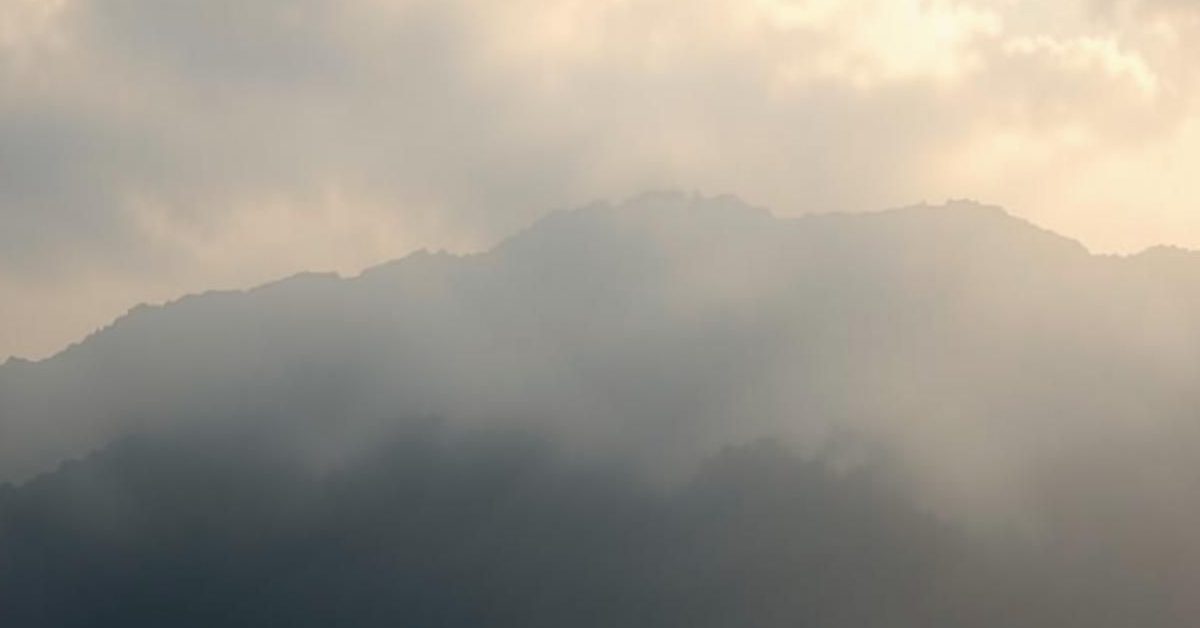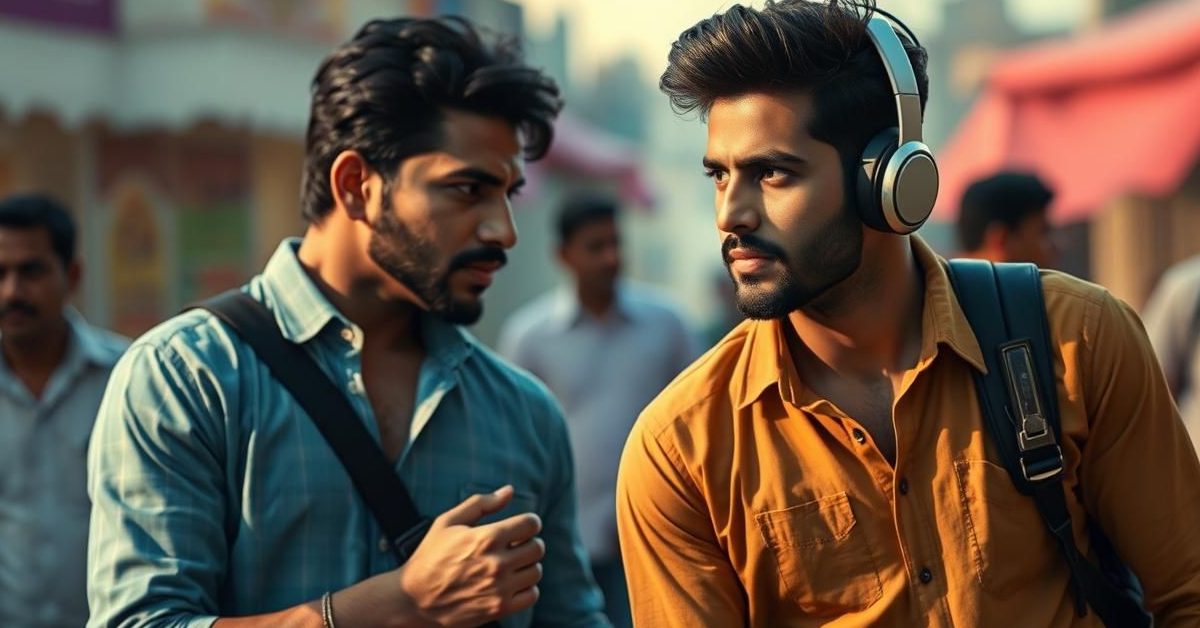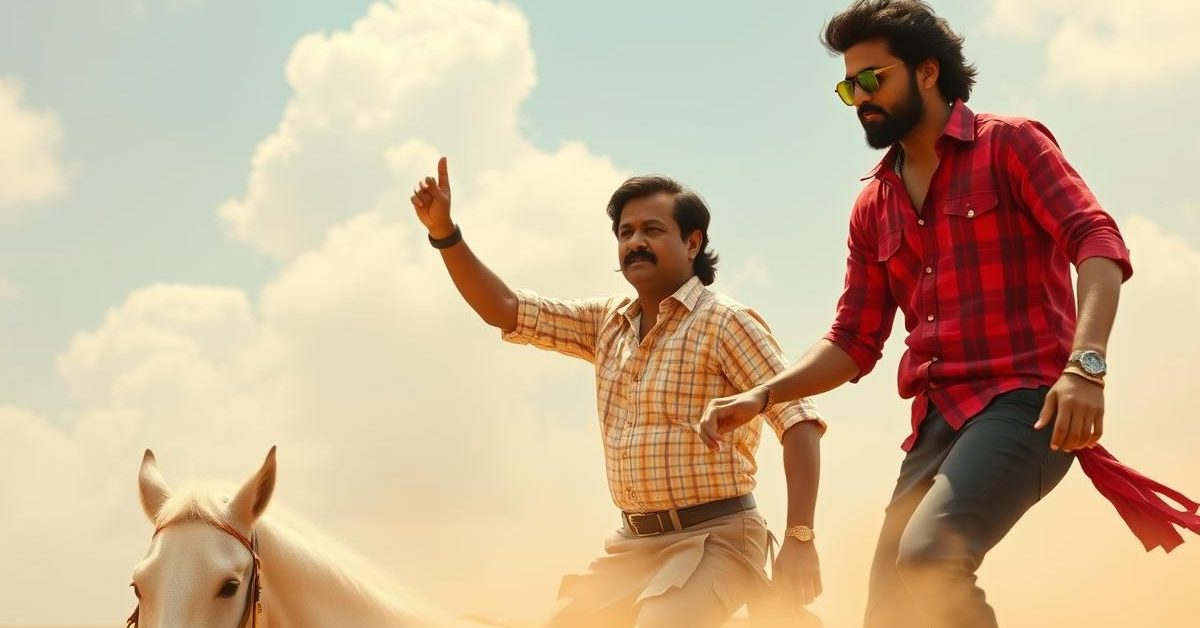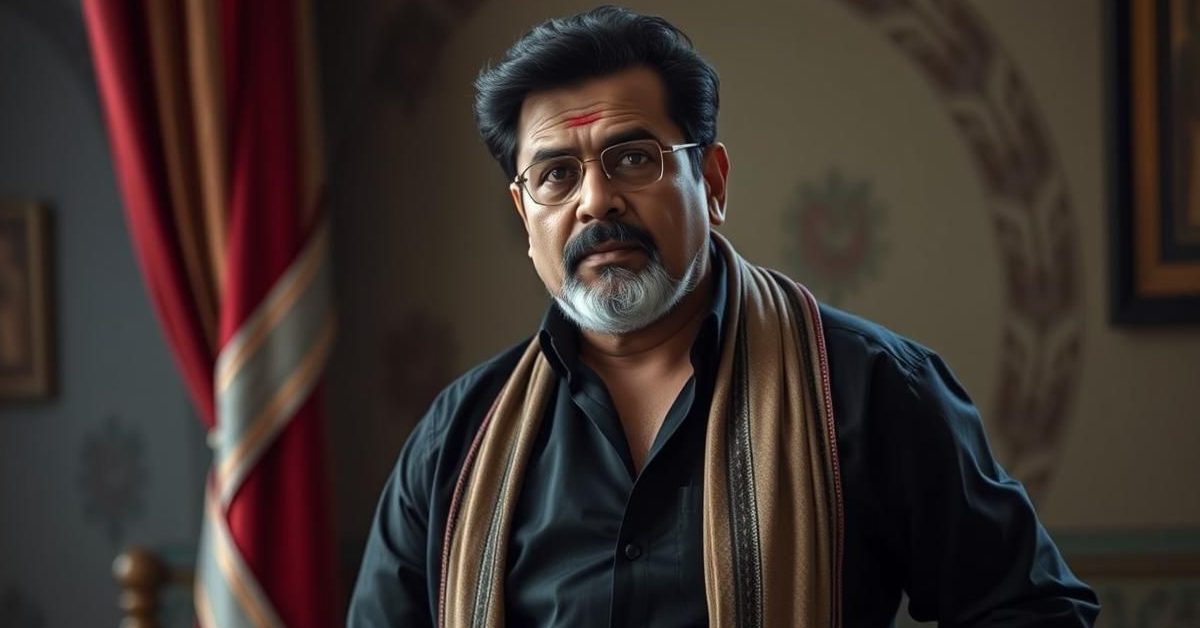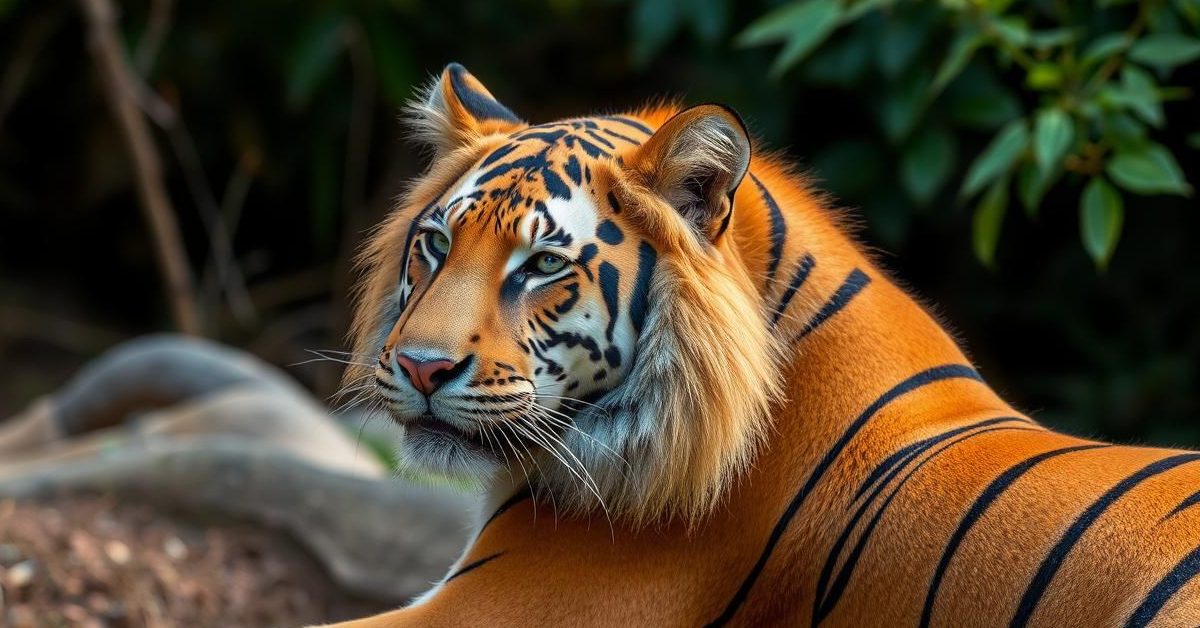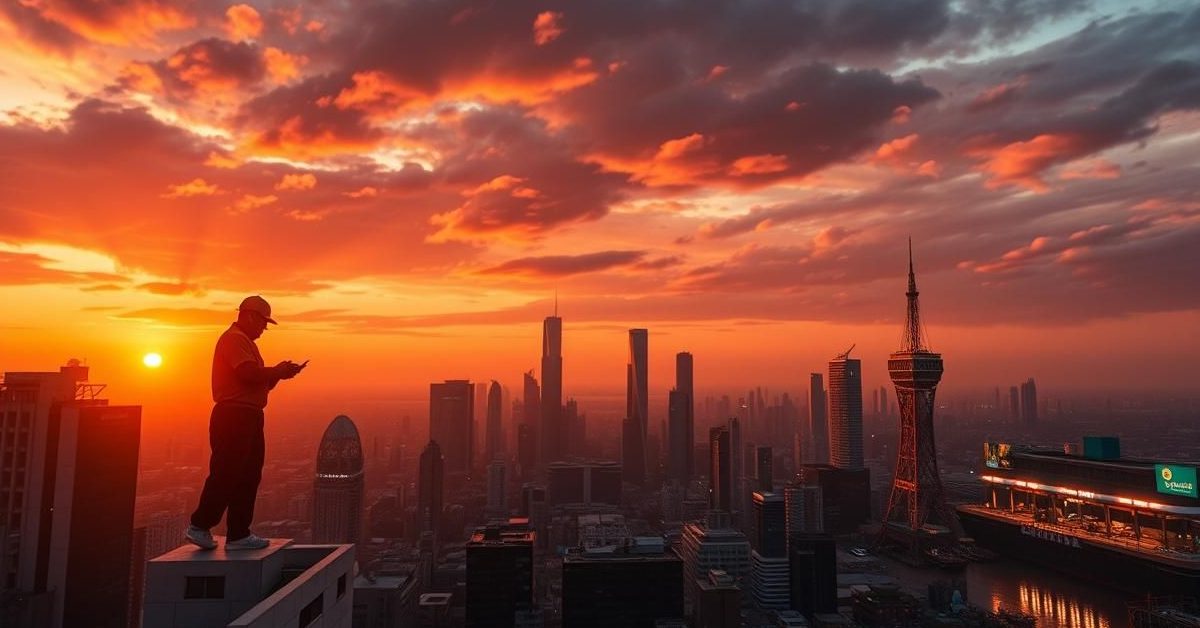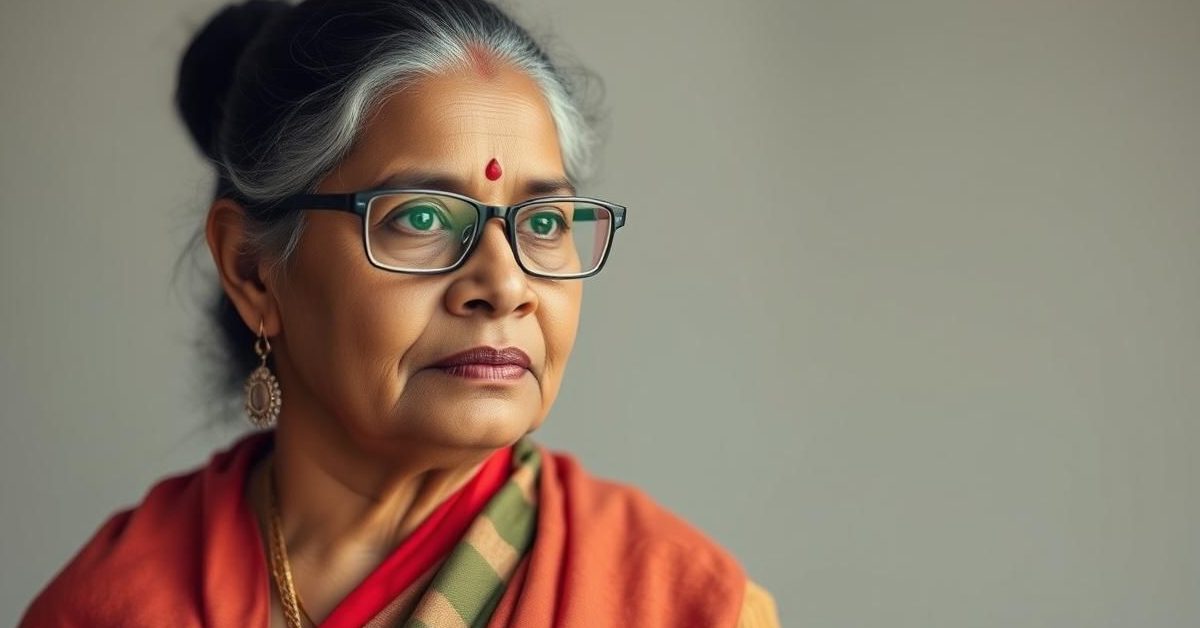The Unfolding Storm: Diljit Dosanjh and the Quest for Unity
In the dynamic, often unpredictable realm of entertainment, few artists command as much global adoration and respect as Diljit Dosanjh. Yet, even a figure of his stature is not immune to the swirling currents of geopolitical tension. The beloved Punjabi singer and actor finds himself at the nexus of a passionate debate, stemming from the casting of popular Pakistani actress Hania Aamir in his highly anticipated upcoming film, *Sardaar Ji 3*. As the film gears up for its June 27 release, the collaboration has ignited a contentious discussion across social media, drawing criticism in the wake of sensitive regional events, including the tragic Pahalgam attack and ongoing geopolitical complexities often summarized under terms like ‘Operation Sindoor’.
A Casting That Sparked Controversy: Hania Aamir’s Role
The announcement of Hania Aamir, a prominent face in Pakistani cinema and television, joining the cast of *Sardaar Ji 3* was initially met with excitement by fans eager for fresh cinematic pairings. Her vibrant screen presence and Diljit’s charismatic appeal promised a compelling watch. However, as the political climate between India and Pakistan intensified, fueled by recent border incidents and simmering historical grievances, this cross-border artistic venture became an unexpected lightning rod for public sentiment. The entertainment industry, often viewed as a unifier, sometimes finds itself caught in the crossfire of nationalistic fervor, highlighting the delicate balance artists must strike between creative freedom and societal expectations.
Diljit’s Resonant Stand: Music as the Ultimate Unifier
Amidst the escalating wave of online scrutiny and impassioned comments, Diljit Dosanjh, known for his thoughtful demeanor and profound connection to his roots, chose to address the maelstrom head-on. His response, delivered with characteristic composure, resonated deeply: “Nations are at war but music unites them. I belong to Mother Earth.” This poignant declaration transcends the immediate controversy, offering a timeless perspective on the power of art. It’s a powerful reminder that while political boundaries and conflicts may divide humanity, the universal language of melody and storytelling possesses an unparalleled ability to bridge divides and foster understanding. Diljit’s philosophy echoes the sentiment that creativity, in its purest form, should rise above transient skirmishes.
The Enduring Power of Art Across Borders
Throughout history, art, be it music, cinema, or literature, has served as an unofficial diplomat, fostering connections that political discourse often fails to achieve. Bollywood and Punjabi cinema, in particular, have a rich legacy of drawing talent and narratives from diverse backgrounds, creating cultural tapestries that reflect shared human experiences. The collaboration between Indian and Pakistani artists, while often challenging due to geopolitical realities, has yielded some truly iconic works, proving that creative synergy knows no borders. Diljit’s stance taps into this deeper truth, asserting that the very essence of human expression is inherently boundless.
Navigating the Digital Minefield: Social Media’s Influence
The advent of social media has democratized public discourse, giving every individual a platform to voice their opinions. While this can foster community and awareness, it also often devolves into an echo chamber of instant judgment and intense backlash. For public figures like Diljit Dosanjh and Hania Aamir, every project, every statement, is dissected under an unforgiving microscope. The anonymous nature of online trolling can amplify negativity, making it incredibly challenging for artists to navigate the fine line between artistic integrity and appeasing a vocal segment of their audience. This incident underscores the immense pressure performers face to align their professional choices with prevailing nationalistic sentiments.
A Global Perspective: Belonging to ‘Mother Earth’
Diljit Dosanjh’s profound statement, “I belong to Mother Earth,” is more than just a retort to critics; it’s a philosophical anchor. It reflects a universalist worldview that champions shared humanity over nationalistic divisions. In a world increasingly fragmented by borders and ideologies, this perspective calls for a broader sense of belonging, advocating for empathy, compassion, and a recognition of our collective existence on this planet. It’s a powerful message that resonates far beyond the confines of a film controversy, inviting introspection on what truly unites us as a species.
The Path Forward for Sardaar Ji 3 and Cross-Border Creativity
As *Sardaar Ji 3* approaches its release date, the film’s trajectory will undoubtedly be watched closely, not just for its cinematic merit but also for its cultural implications. Regardless of the immediate reactions, Diljit Dosanjh’s unwavering commitment to his art and his belief in its unifying power sets a significant precedent. This situation reignites important conversations about the role of artists in society, the boundaries of creative expression, and the enduring hope that despite political turbulence, shared cultural experiences can continue to build bridges where walls often stand. His brave stance reminds us that sometimes, the most revolutionary act an artist can perform is simply to create, unfettered by division.
